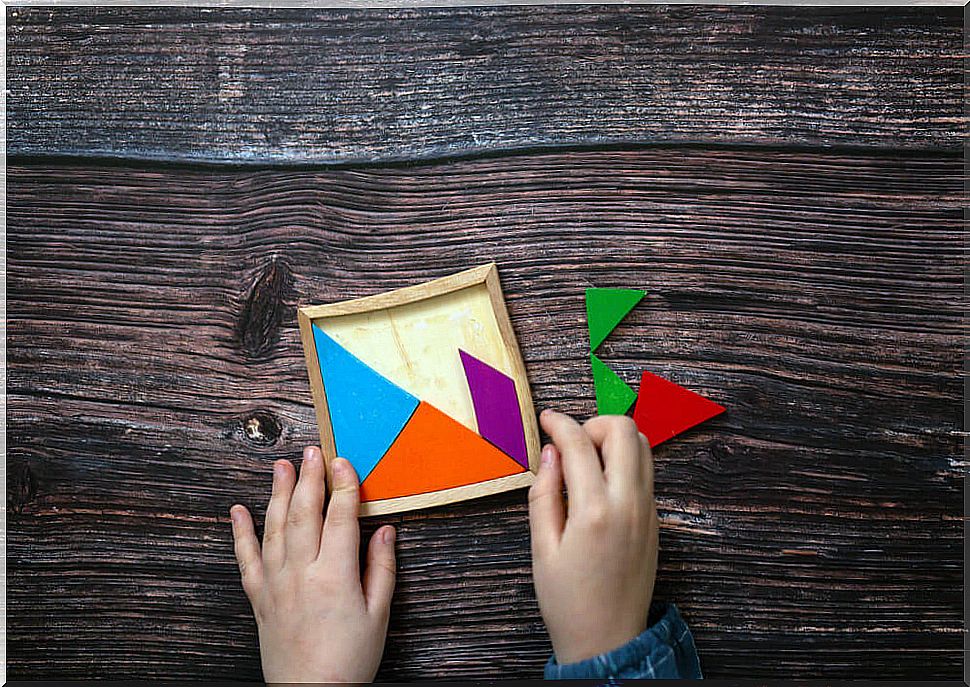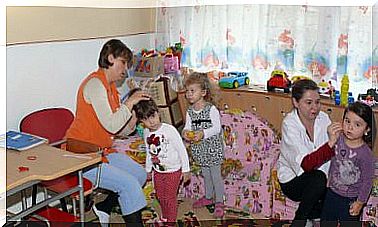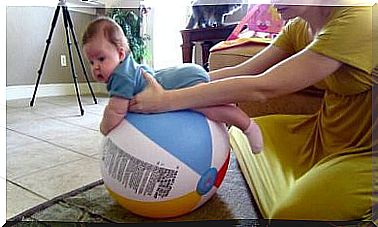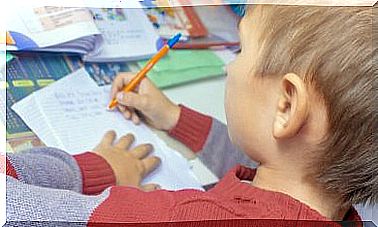Why Does Authentic Learning Help In Education?

Authentic learning makes it easy for students to investigate, debate, and construct concepts in contexts with real-world problem implications. In this sense, authentic learning experiences help students understand the importance of what they are learning.
With this learning, hypothetical situations are not discussed or information is memorized for its own sake. Real learning is an opportunity to put skills and knowledge into practice in a real way. Students can learn how to apply their skills in the professional world.
According to the 2018 NMC Horizon Report, more and more learning institutions are trying to provide students with authentic learning. For this, for example, specific jobs or study abroad programs are analyzed. The practices (virtual or not) are essential.
Let’s see how authentic learning brings benefits to those students who can take advantage of it.
Authentic learning prepares students for the real world
Student activities fit as closely as possible to real-world tasks. Therefore, once students start working, they have a clearer notion of what to expect in the world of work.

So, with this type of learning, students can learn to express their ideas and opinions effectively. They can use social media platforms and blogs to start conversations and share ideas in a real way.
Help students make career decisions
A few years ago, most students were not very clear about what they wanted to be in their 20s. Nor at 17 or 18. Research from the University of the United Kingdom reveals that one in three graduates found themselves with mismatches between the jobs they found when they left university and what they expected.
The researchers note that this is because they did not have a clear understanding of how their abilities and attributes matched up with their different career choices. On the other hand, they were not able to recognize what skills they need for certain jobs.
Students must explore different fields. Also transfer your knowledge from theory to practice. Only then will they be able to make informed decisions about the career they want to pursue or, at least, know the direction in which they want to take their studies.
Can help close the skills gap
The skills gap is the skills deficit of people who aspire to a job. This gap has been growing for some time. Increasingly, small and medium-sized companies find that they cannot find the staff they need for their company.
Authentic learning has the potential to bridge this gap. It is an apprenticeship that allows students to know what employers are looking for in their chosen field.
Authentic learning can enhance creativity
Creative thinking is one of the most in-demand skills in the 21st century. Despite this, it is one of the most difficult skills to find. Authentic learning can help students develop creative cognitive flexibility.
With this learning, students discover that there can be many possible outcomes or solutions to a problem. There is no single correct answer. This encourages them to ask questions and to think differently.
In the real world, there are rarely situations where there is only one approach or solution. Authentic learning can help students understand this. On the other hand, they learn to develop various solutions to a problem by taking a task from different perspectives.
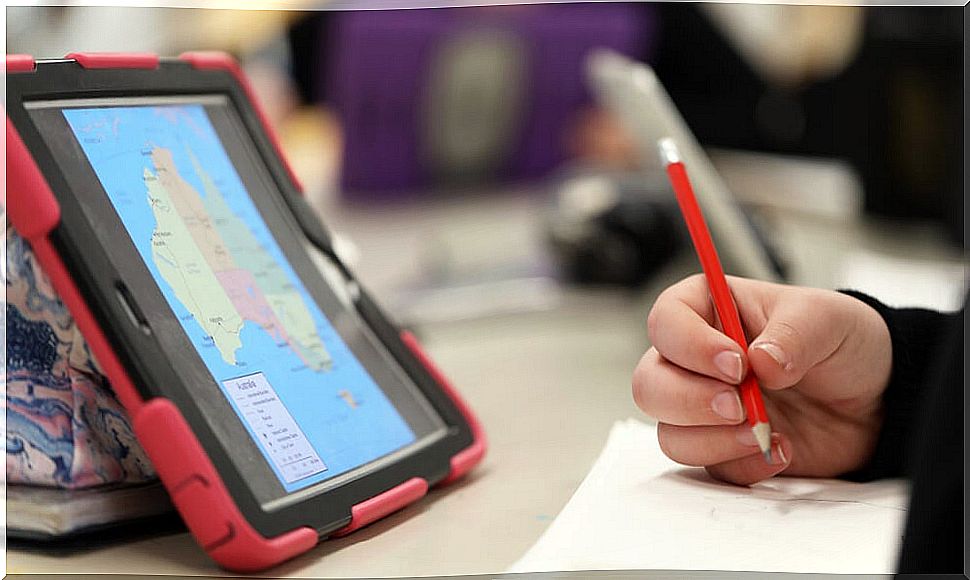
Increase information retention
When someone understands the importance of the work they are doing, they have the opportunity to apply the knowledge as they acquire it. And for this reason it is much more likely that those who participate in real learning will remember what they have learned and use it in future tasks.
Promotes collaboration and teamwork
Students who participate in authentic learning learn to communicate more effectively with their peers. They discuss possible solutions and make shared decisions. In addition, they work together developing solutions.
Working cooperatively toward a common goal has been shown to have social, psychological, and academic benefits. This includes a positive learning environment, less anxiety, and better problem-solving skills.
Finally, we will remember that, although authentic learning resembles project and service-based learning, it is unique and different. It is a learning that is not limited to proposing role plays or simulating what happens in the workplace. To be doing authentic learning, you have to do work relevant to life with application in the real world.
